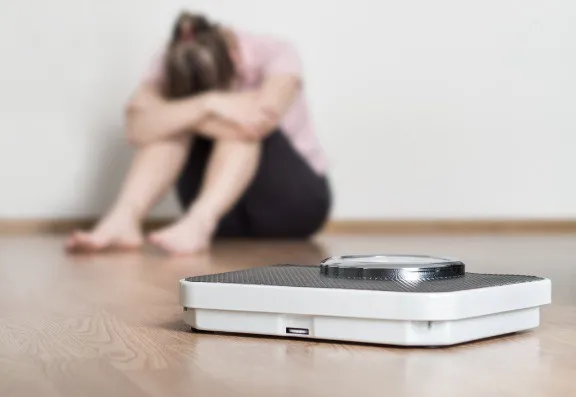Where to start?
As discussed, several key elements are involved in weight loss in the menopausal woman, including food cravings, location of fat deposits, speed of metabolism, muscle mass, sleep, and hormone regulation. A weight-loss plan for these women should contain the following elements
1. A thorough consultation establishing patients’ lifestyle and diet habits to implement habit-building strategies to increase exercise and the intake of high fibre, higher fat and reducing the amount of processed food high in sugar. This reduces inflammation in the patient, which reduces a substantial number of issues for women in the peri-menopausal and menopausal phases.
2. Assess and refer to specialists if necessary to commence HRT where appropriate, and the patient wishes to do so. It is not always necessary to commence HRT as sometimes commencing a weight-loss plan with all of these steps can be enough for women to relieve symptoms and manage them more easily.
3. Educating patients to understand the nutritional value of their food choices and the effect it can have on their hormone function, mood, sleep, energy levels and metabolism.
4. Gut health optimisation to improve the function of the body, skin, and vaginal health and improve mood. Consider supplements, C, B and Omega oils.
5. The focus on resistance training in one of the many forms (not just weightlifting) to build muscle mass to speed the metabolism, support the immune system and strengthen bones-key in reducing the risk and effect of osteoporosis. This also provides an alternative source of dopamine release essential for improving mood and reviving a sense of achievement and wellbeing.
6. The realignment of circadian rhythms implementing good sleep practices to build good sleep back into their lifestyle.
I have patients who have had remarkable success and noticed changes within two weeks. Not just with their weight but with their mood and sense of wellbeing. This, for me as a practitioner, is the best result because once they can be in a positive space, they can see and feel the value of the changes they are making, which is key to sustaining new habits.
It is, however, essential to understand it is not a one size fits all. A standard package and approach will not work, and good weight loss must be a bespoke treatment tailored to the individual’s needs.
My clinic offers bespoke weight-loss plans with and without pharmacological intervention. My Sese Slim programme is a medical weight-loss program designed around the individual and their needs and lifestyle. This is to ensure it is sustainable for them. It uses Saxenda, where appropriate, as a tool to assist them with replacing old habits with new ones.
When offering weight loss, it is essential to be qualified in the management of weight and obesity. Understanding the psychology of weight loss, the hormonal challenges of menopause, the pathophysiology of related weight gain and its specific challenges to weight loss.


